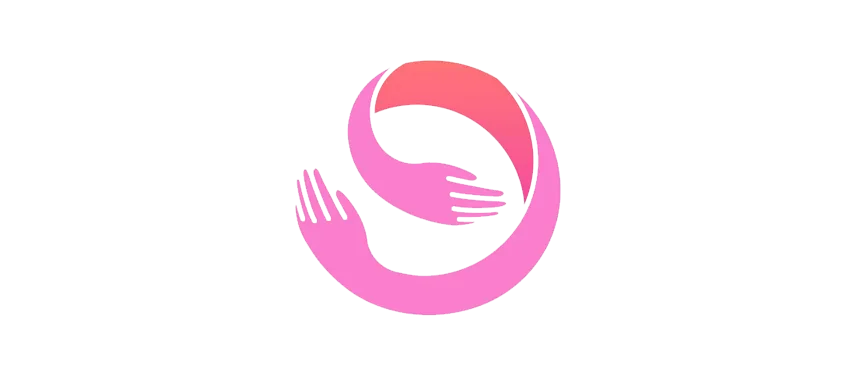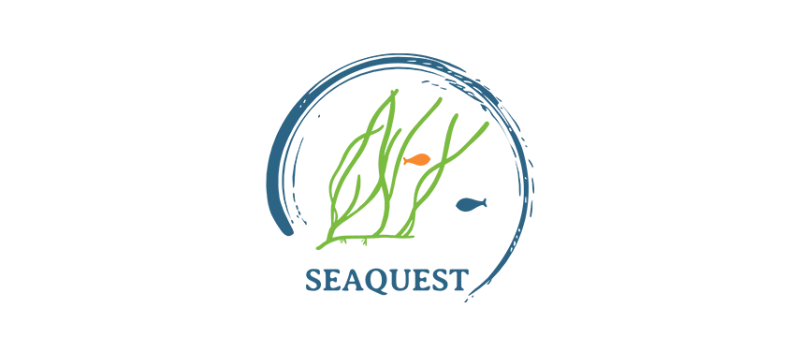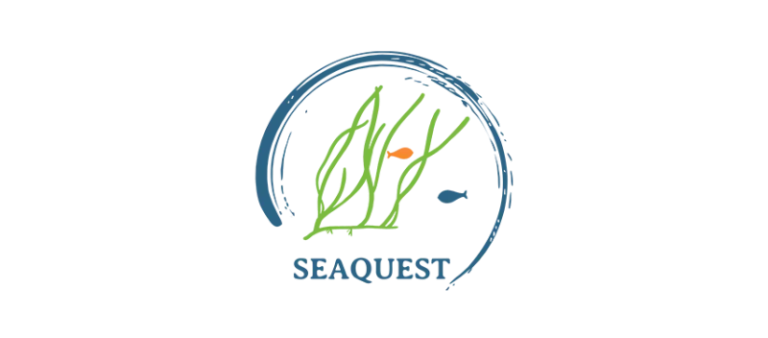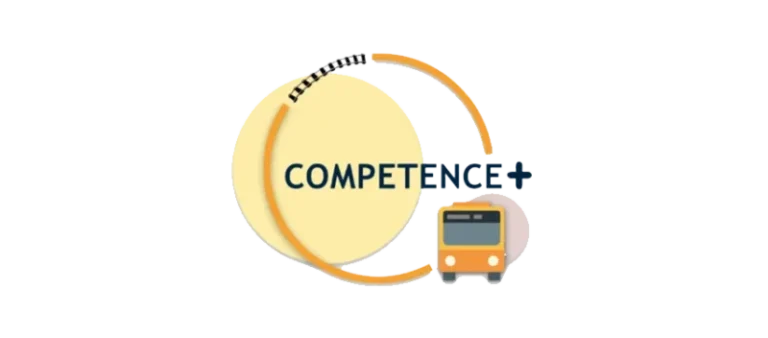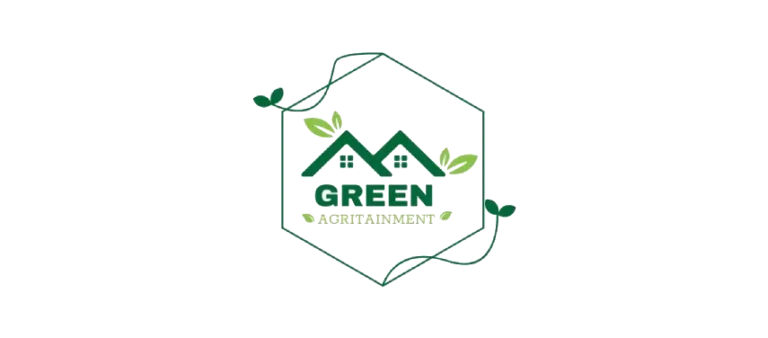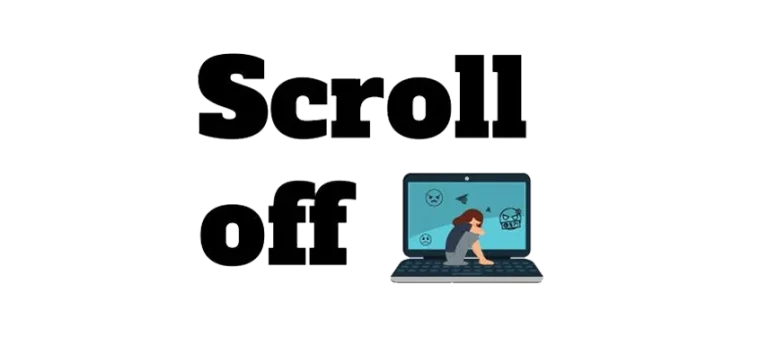
TEAM
Teaching To Marginalised Groups
According to EUGE (European Institute of Gender Equality), the term Marginalized Groups is used to address groups of people within a given culture, context and history at risk of being subjected to multiple discrimination due to the interplay of different personal characteristics or grounds, such as sex, gender, age, ethnicity, religion or belief, health status, disability, sexual orientation, gender identity, education or income, or living in various geographic localities.
A multitude of articles and actions can be found within the pages of the commission’s website, indicating that the need to find means to integrate those persons living on the margins of society has been identified and attempts to include them are at the forefront of EU policy (indicative titles: Socio-Economic Integration Of Marginalized Communities, Fighting Marginalisation, Inclusion Of Vulnerable Groups). It is commonplace that persons belong to more than one marginalized group, as society raises its barriers towards any difference.
Education is rightly considered to be a basic human right, without which sustainable social and economic development is rare. Nowadays the trainers are called to pass on educational information on crucial topics to an increasing number of marginalized groups; there are many projects aiming to facilitate the inclusion of minorities such as Roma, upskilling projects targetted at NEET and low-skilled individuals, organizations trying to tend to the needs of an increasing mumber of imigrants and refugees.
The raw fact is that the majority of Adult Trainers in the EU have little to no experience with teaching marginalized groups, as each group has diverse reasons to enroll to a training course, needs a different approach to embrace its training and has a different “learning curve”.
Project Objectives
The main impact expected:
- All participants will gain an understanding on the issues faced by the marginalized groups discussed during the project -All participants will gain knowledge of successful methods implemented to assist in the learning process
- The organizations will increase the quality of provided services
- Members of the Organizations’ networks will be able to follow the same methods indicated in the presentations.
- Target groups will benefit indirectly, as this project focuses on creating a good practice trend in the learning process.
| Organization Name | Country |
|---|---|
| MPIRMPAKOS D. & SIA O.E. | Greece |
| WEB PER TUTTI | Italy |
| AYDIN EGITIM,KULTUR VE SANAT DERNEGI | Turkey |
| STANDO LTD | Cyprus |
| EURO-NET | Italy |
| INITIATIVE FOR SUSTAINABLE EDUCATION AND DEVELOPMENT | Germany |
Disclaimer: This project has been funded with support from the European Commission. This publication reflects the views only of the author, and the Commission cannot be held responsible for any use which may be made of the information contained here.
